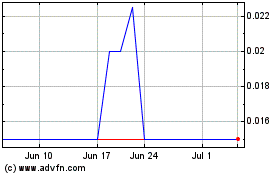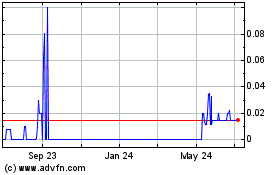The Delicate Task of Dealing With China's Most Debt-Burdened Property Giants -- Heard on the Street
September 01 2020 - 7:54AM
Dow Jones News
By Mike Bird
Two of China's most heavily leveraged developers are struggling
in the stock market, and new attention from Beijing on their
towering debt levels will put them under more pressure. But the
central government's efforts don't address a key problem in the
country's economic model: Cash-starved local governments need
indebted property developers to buy their land.
Shares in China Evergrande Group and Sunac China Holdings Ltd.
are down 19% and 30% respectively this year. That partly reflects
poor half-year results. In the first half of 2020, Evergrande's net
profits were cut nearly in half relative to the first six months of
2019, while Sunac's grew by 6.5%, down from 57.1% year-over-year
growth in 2019.
But the dismal stock performances also reflect new, unwelcome
attention from Beijing: China's central bank and housing ministry
last month corralled developers to discuss lofty debt levels.
According to state media, the meeting highlighted three "red lines"
for developers to avoid: a liability to asset ratio of more than
70%, a net debt to equity ratio of over 100%, and cash to short
term debt ratio of less than 100%.
Evergrande and Sunac are the largest developers where debt
metrics are worse than the reported redline level on every
count.
What is perhaps most notable is that these poor debt metrics
persisted this year even in the context of slowly growing or
declining land banks. Evergrande's land reserves declined by more
than 50 million square meters in the first six months of the year,
reaching a 3 1/2 year low.
Sunac's land bank is still growing, but at a far slower pace:
The company's land bank has increased by less than 6% since the end
of 2019, to just shy of 250 million square meters. Between the end
of 2015 and the end of 2019, the company bought land at a rapacious
pace, growing its reserves of land by 750%.
On the one hand of course, that sounds like a positive thing.
The companies are heavily indebted, so borrowing less to buy land
seems like a good idea on the face of it.
But what's good for the longer-term health of the companies may
not be good for the system in general. Somebody needs to buy land
from China's local governments, with such sales making up around a
third of their revenue. Since those municipalities shoulder most of
China's domestic government spending and remit taxes to Beijing,
they cannot simply be starved of funds.
Sunac and Evergrande had been some of the largest purchasers of
land in recent years. Without major changes to the Chinese fiscal
framework, that burden will simply be shuffled to other
players.
Beijing's focus on real estate makes it clear that the central
government understands the threat that the sector's leverage poses
to China's prosperity and stability. But it has yet to offer any
meaningful incentives to improve the system: Simply telling Chinese
developers they are too heavily indebted, when their rapacious land
purchases have been crucial to funding local governments, won't
work.
Write to Mike Bird at Mike.Bird@wsj.com
(END) Dow Jones Newswires
September 01, 2020 07:39 ET (11:39 GMT)
Copyright (c) 2020 Dow Jones & Company, Inc.
China Evergrande (CE) (USOTC:EGRNF)
Historical Stock Chart
From Mar 2024 to Apr 2024

China Evergrande (CE) (USOTC:EGRNF)
Historical Stock Chart
From Apr 2023 to Apr 2024
